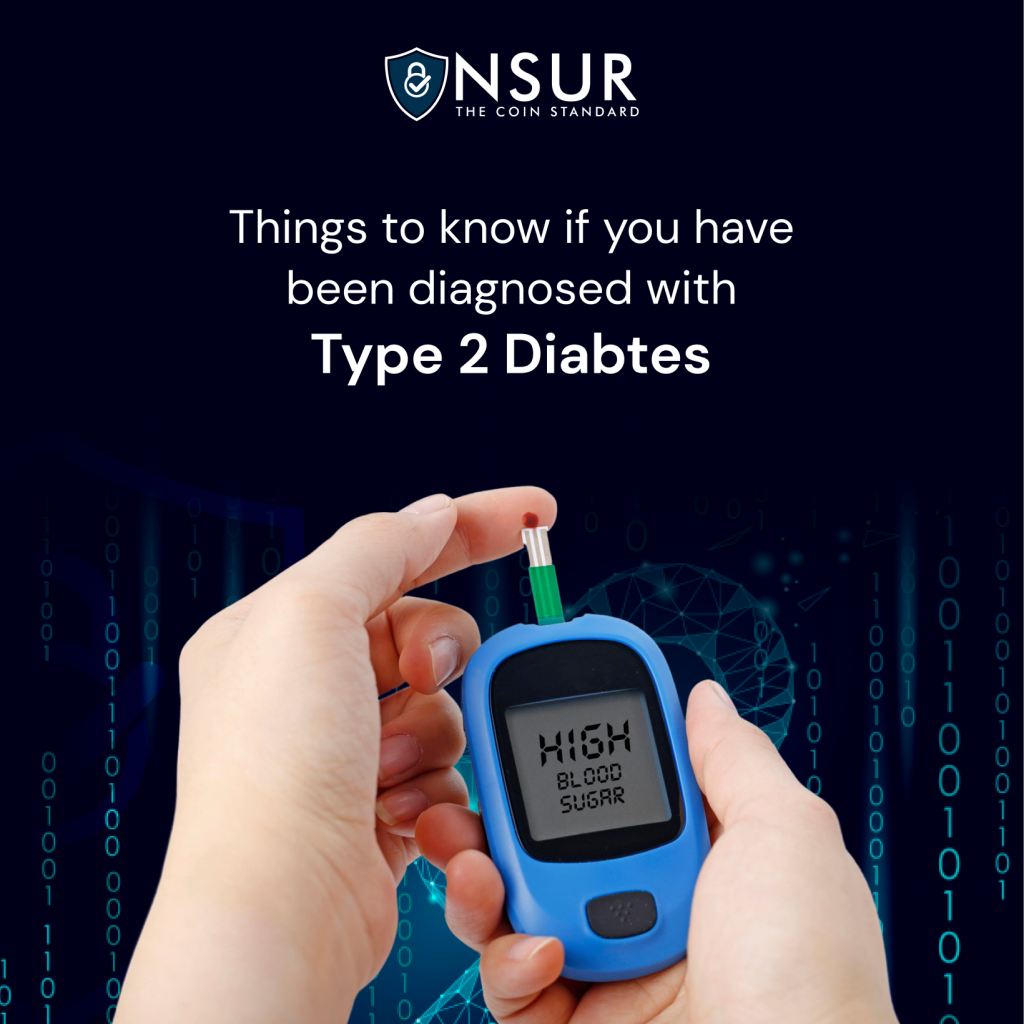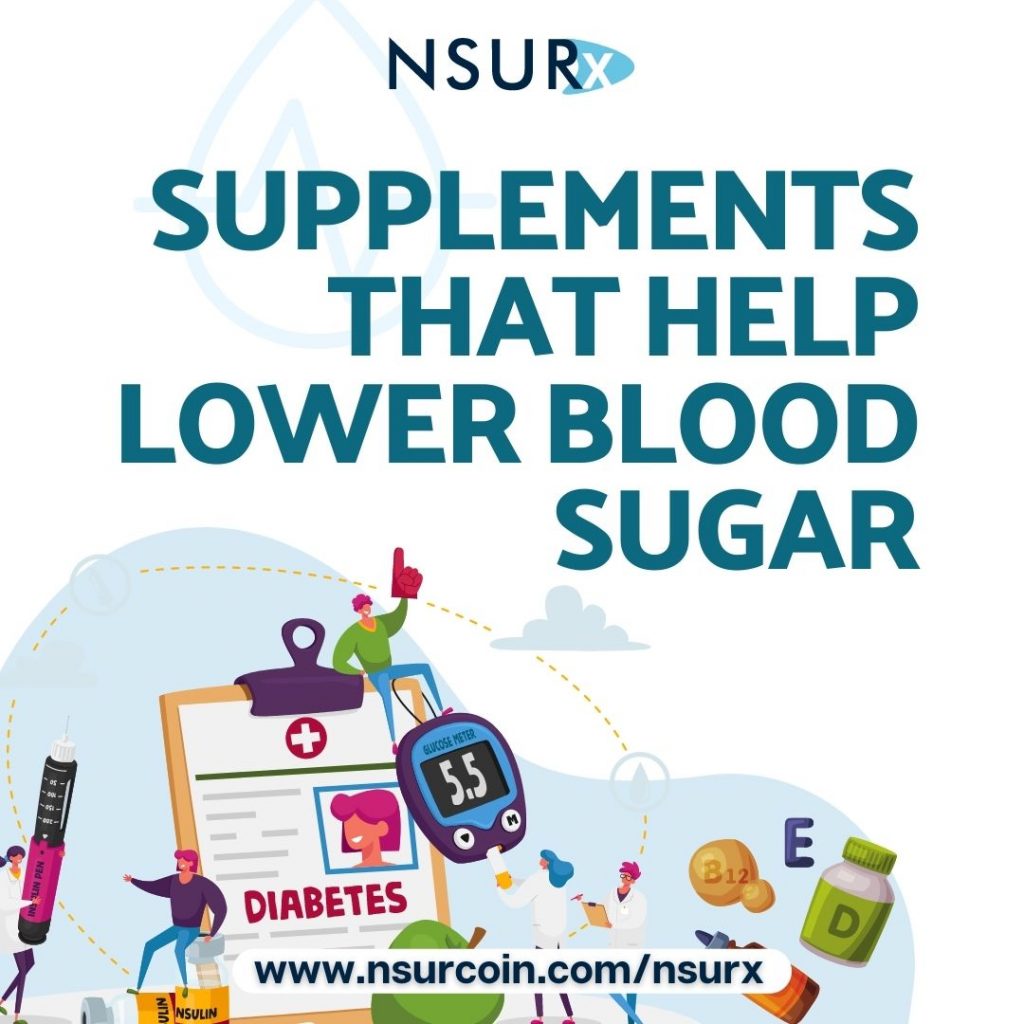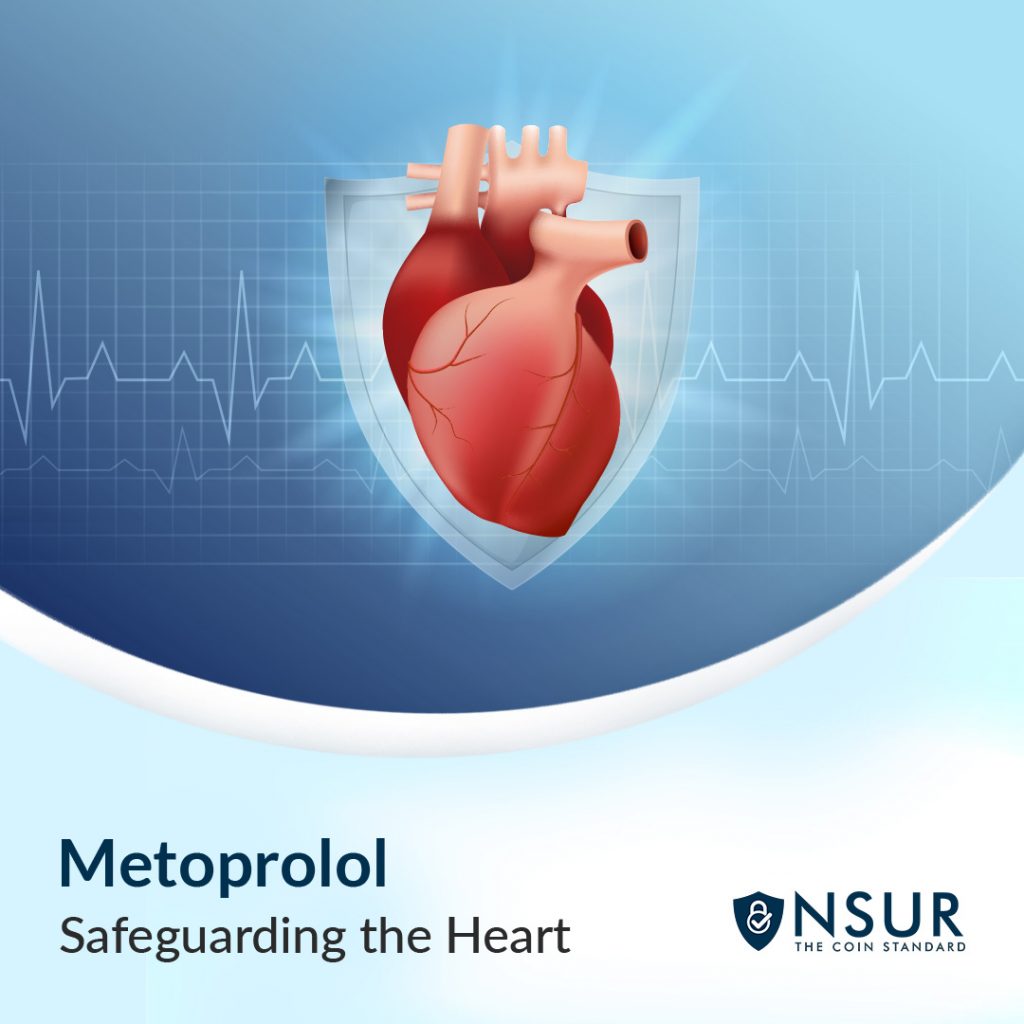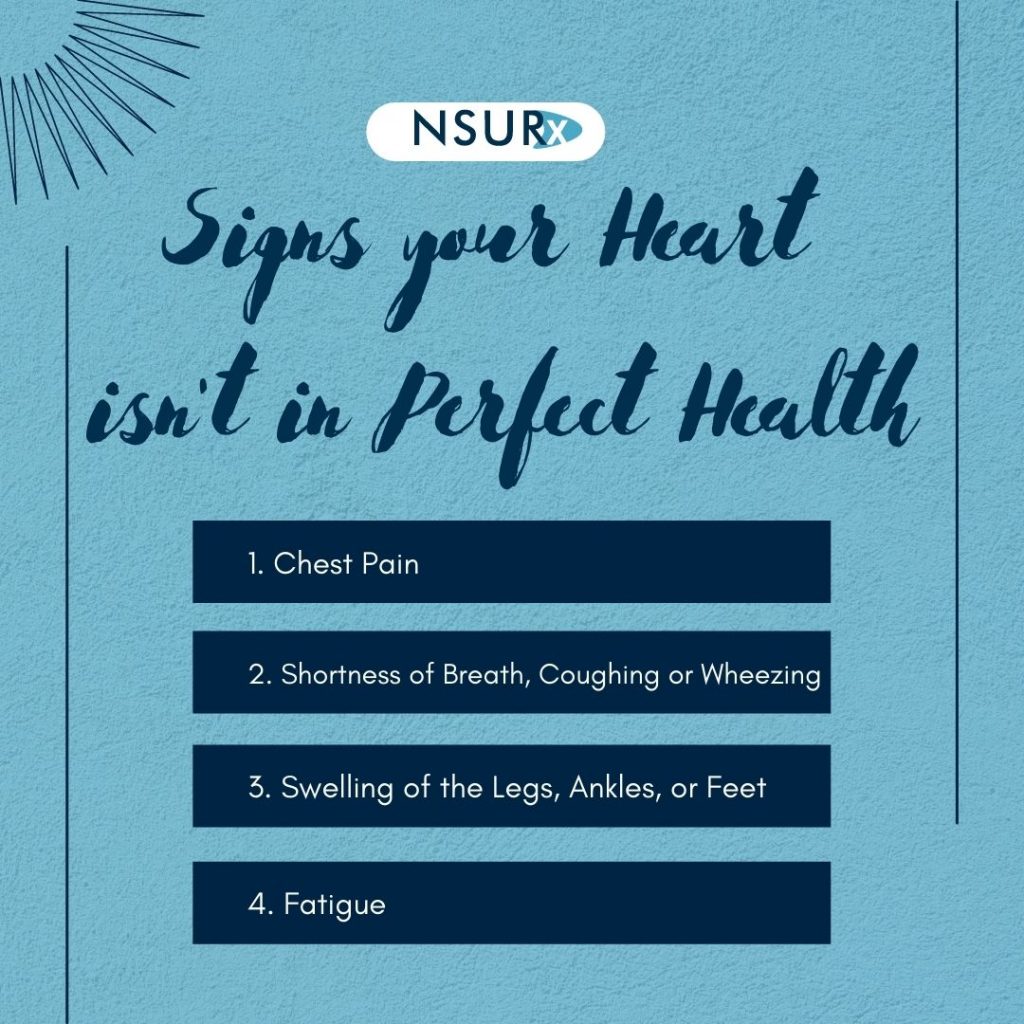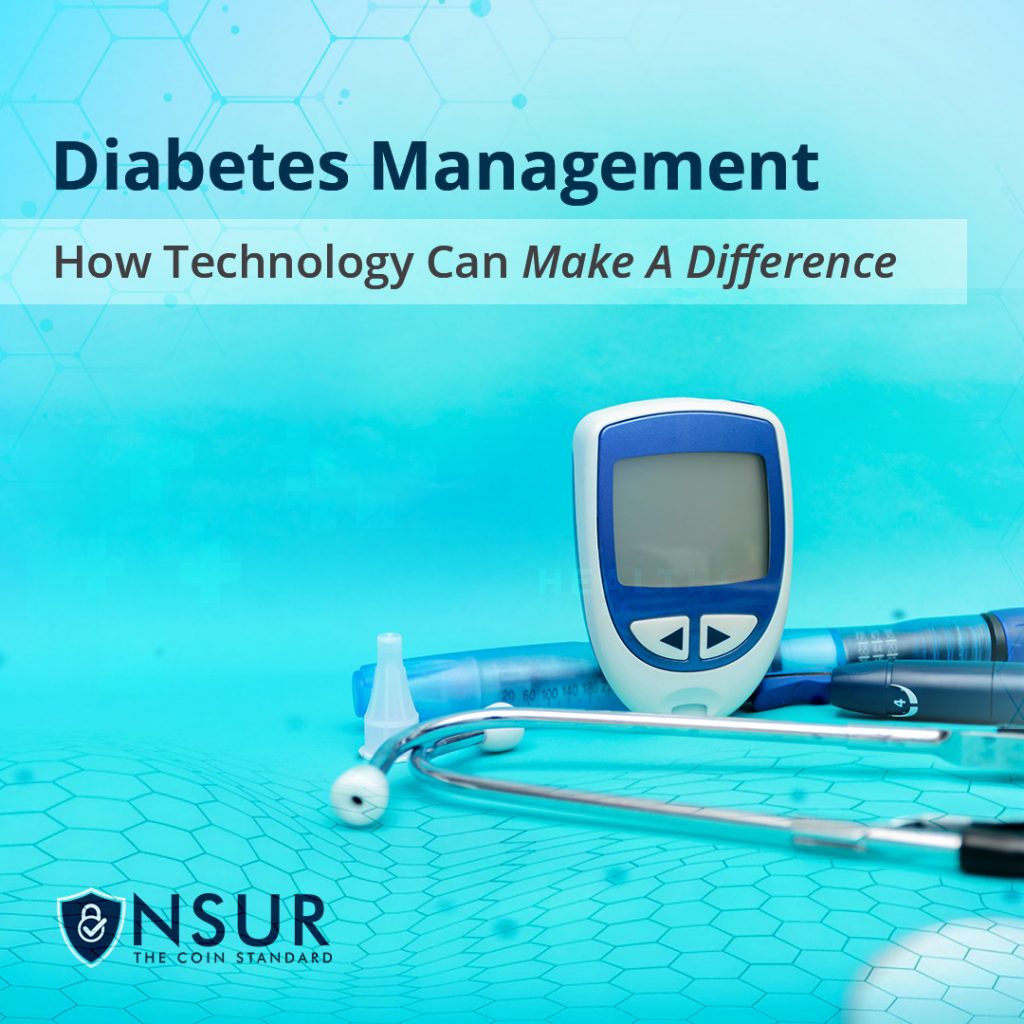
Diabetes is one of the major public health concerns globally, which is affecting human life and increasing healthcare costs. Sedentary lifestyles that are influenced more by socioeconomic development and urbanization are contributing to the increase in diabetes in many regions around the world. In addition to causing serious health problems and early death, diabetes affects people’s functionality and quality of life.
Diabetes has been a long-term medical condition since it was discovered 5th/6th century and there is no sign of a cure for it. Patients who suffer from it must depend on a healthy and adaptive lifestyle, medications, diet, and medical devices to manage diabetes. When it comes to managing chronic medical conditions like diabetes, technological advancements have fueled a trend toward remote patient monitoring (RPM) and the use of medical devices. Diabetes devices can help diabetics live a longer and healthier life when used properly. Healthcare professionals are looking for ways to create a digital ecosystem using innovative technology to help manage such health conditions. As a result, patients can remotely manage their diabetes and consult their doctors for further treatment. It thus saves them both time and money.
Whether you are diabetic or want to learn more about the latest medical devices that can help you manage your medical condition, this is a great place to go for information about diabetic devices.
Blood Glucose Monitoring Device (Gluco Meter)
When it comes to managing diabetic health conditions, monitoring your blood glucose levels is very essential to a healthy life. To measure blood sugar levels, glucose meters are an excellent choice since they are small, easy to use, portable, and convenient. In minutes, patients can accurately and efficiently check their blood sugar levels wherever they are, at any time. Keeping track of your blood sugar regularly can help you manage your diabetes and reduce your risk for complications in the long run.
Blood sugar fluctuation can be caused by a variety of factors, including your diet, your stress levels, and your lack of exercise. You can always check your blood sugar with a glucometer to know whether it is normal, high, or low. The level of glucose that is ideal for your body will vary depending on the body type. You can modify your diet, medications, and lifestyle based on the results to manage the diabetic condition. It is always best to consult your doctor for specific guidance.
By comparing glucometer prices and specifications, you can find the one that best meets your requirements. Popular brands include Ascensia Contour Next, LifeScan, OneTouch, Verio, Flex, Accu-Chek, Guide, and many more are trending in the market.
Continuous Glucose Monitor (CGM)
A continuous glucose monitor is a smart device powered by Artificial Intelligence, which can be worn on the arm and sensors will calculate the actual glucose levels of the patient’s body. A CGM is built with a variety of features such as calorie count, sleeping hours, water level tracking system, metabolic control system, and many more along with tracking patients’ blood glucose levels.
Continuous glucose monitors provide more intensive monitoring of a diabetic patient’s sugar levels than standard meters, such as warning patients or doctors if their blood sugar drops too low or rises too high, which can be a very helpful feature in helping patients avoid hypoglycemia. Using a CGM improves your overall healthcare outcomes. It is especially beneficial for people who take regular insulin. Patients can use CGM for better monitoring and managing their diabetes, but a prescription from a doctor is a must. In the Medtech market, several brands are available, including Abbott Freestyle Libre 2, Dexcom G6,Guardian Connect and many others. Just make sure to consult with your doctor concerning diabetes monitoring alternatives before deciding on the best healthcare monitoring approach for you.
Smart Insulin Pens
Smart insulin pens are an imperative tool for people with type 1 or type 2 diabetes who require multiple daily injections. Current smart insulin pens can use Bluetooth to connect to a smartphone app, or CGM device and share data with other apps to help adjust insulin doses.
While keeping injections simple, smart pen technology enables you to keep track of when you took your insulin and how many units you injected. When juggling multiple types of insulin, a smart pen’s log can help prevent confusion if you are ever unsure which insulin you just injected. These smart pens also notify you about your next dose and provides accurate doses adjusting by half a unit if necessary. It also shares information with your physician about your insulin use.There are several trending smart insulin pens on the market today, such as NovoPen 6, emperraGmbh, and Novo Echo.
Insulin pumps
Insulin pumps are smart, small wearable devices connected to your body that replaces multiple daily insulin injections with insulin syringes or an insulin pen. It delivers a small amount of insulin into your body according to how it is programmed. It is a non-invasive alternative to frequent insulin injections, and some pumps can communicate with continuous glucose monitors, which track your blood sugar levels as well. Minimed 630G and 670G, Accuchek, Omnipod are some leading brands.
Ketone Monitors
Monitoring ketone levels in a diabetic patient are very important as the increase in ketone levels may lead to an emergency medical situation that will require immediate medical assistance. Ketone monitoring can help to track the ketone levels and can warn you about a serious diabetes condition known as diabetic ketoacidosis. In insulin-dependent types of diabetes, ketone testing might also be helpful.
Ketone-monitoring devices are available to patients with type 1 and type 2 diabetes to track ketone production and manage their diabetes. For instance, CareTouch, NovaMax Plus, PrecisionXtra, and Ketomojo are some of the leading ketone meters in the market.
Diabetes Monitoring Applications
As we know diabetes has become one of the most common medical conditions globally. The use of digital health applications for diabetes management can help patients monitor and manage their blood sugar levels. Diabetes monitoring apps can assist you with many tasks, such as monitoring your blood glucose levels wherever and whenever you need them, managing your dietary and medication schedules, providing diabetes education, and much more. Diabetes M, MySugr, and BezzyT2D are some of the most popular apps among diabetic patients.
Bottom Line
It is not easy to live with diabetes because the condition brings several health complications with it. Fortunately, technological advancements have led to innovative ways to manage the disease. Diabetes devices and applications have facilitated diabetics in managing their health positively. Hi-tech diabetic devices are continuously being introduced such as CGM, blood glucose monitoring meters, insulin pens and pumps, ketone monitors, and many more on the way. The healthcare industry and researchers are constantly making efforts to develop new and more efficient devices that will enable the management of diabetes easier and more affordable.
